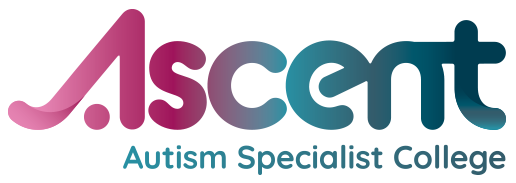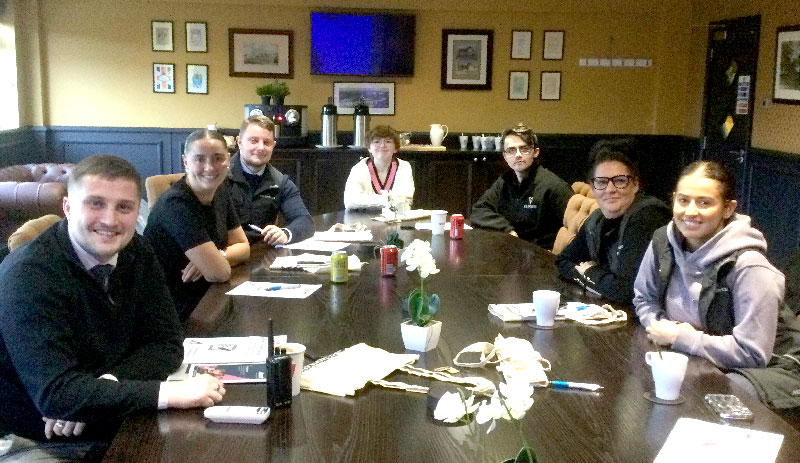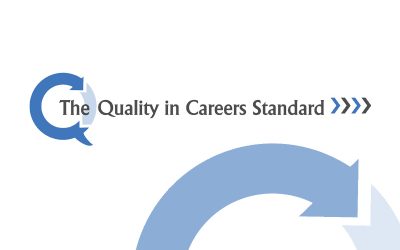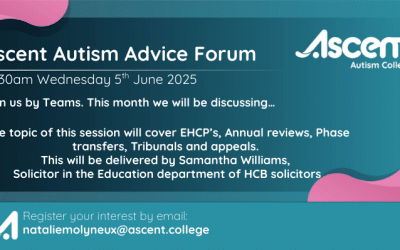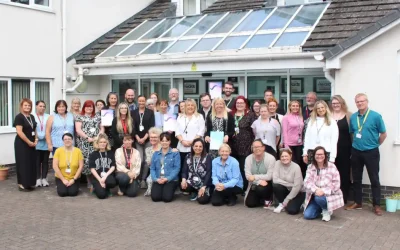Ascent Autism Specialist College, based in Newton-le-Willows, is helping employers break down barriers to work for autistic individuals with employer-focused autism awareness training.
On Thursday, 9 November, Ascent College staff and student, Alicia, visited a long-term employer partner, the Jockey Club, to deliver the employer autism awareness workshop.
The session helps employers understand what autism looks like and supports them in making reasonable adjustments in the workplace to support autistic individuals.
The session provided attendees with a deeper understanding of autism-friendly practices in the workplace and gave them the tools and knowledge to adapt their current practices.
Head of adult services at the college, Julliet Doherty, said: “It is so important that employers understand the complexities of neurodiversity and how they can best support autistic individuals in the workplace.
“Autism is not a one-size-fits-all. Dr Stephen Shaw said: ‘If you’ve met one person with autism, you’ve met one person with autism’.
“We think employers should understand the origins of autism, which will ultimately help them introduce procedures that support the development and wellbeing of autistic individuals in the workplace.”
Julliet noted how important it is that employers recognise the valuable skills an autistic individual can bring to the workplace. She said: “Autistic individuals have some very valuable skills and can massively contribute to a thriving work environment. Attention to detail, punctuality, reliability, to name a few.”
Jack Dennan, operations manager at the Jockey Club Haydock, said: “I have had great feedback from staff who attended the training and found it really useful.
“Some staff have even suggested that this should be mandatory training for all staff. Ascent student Alicia was very confident during the training.”
Ascent student Alicia was asked by attendees what the one piece of advice she would give to employers working with autistic individuals. She said: “Give us time. We need more time to complete tasks.”
The workshop outlined how employers can benefit from understanding and recognising the skills of an autistic young person and how they can benefit aspects of their business.
Currently, only 16% of autistic adults are in full-time employment. 77% of unemployed autistic adults want employment. Those staggering statistics demonstrate there is a lot of work needed to tackle unemployment for autistic adults.
The college hopes to roll out the training on a bigger scale, engaging with more employers and supporting them to become more autism-friendly workplaces.
